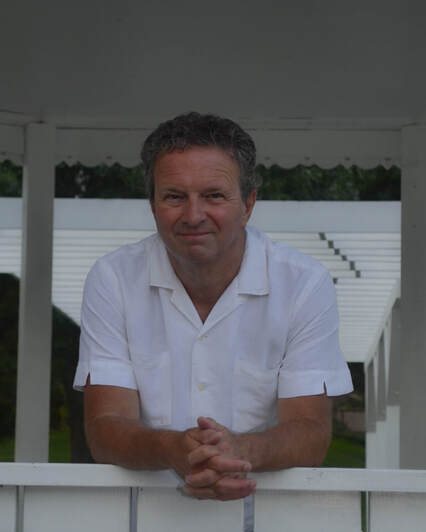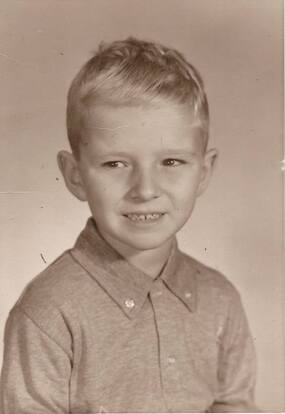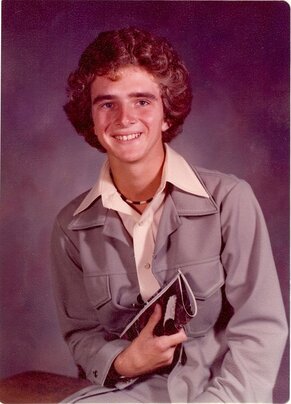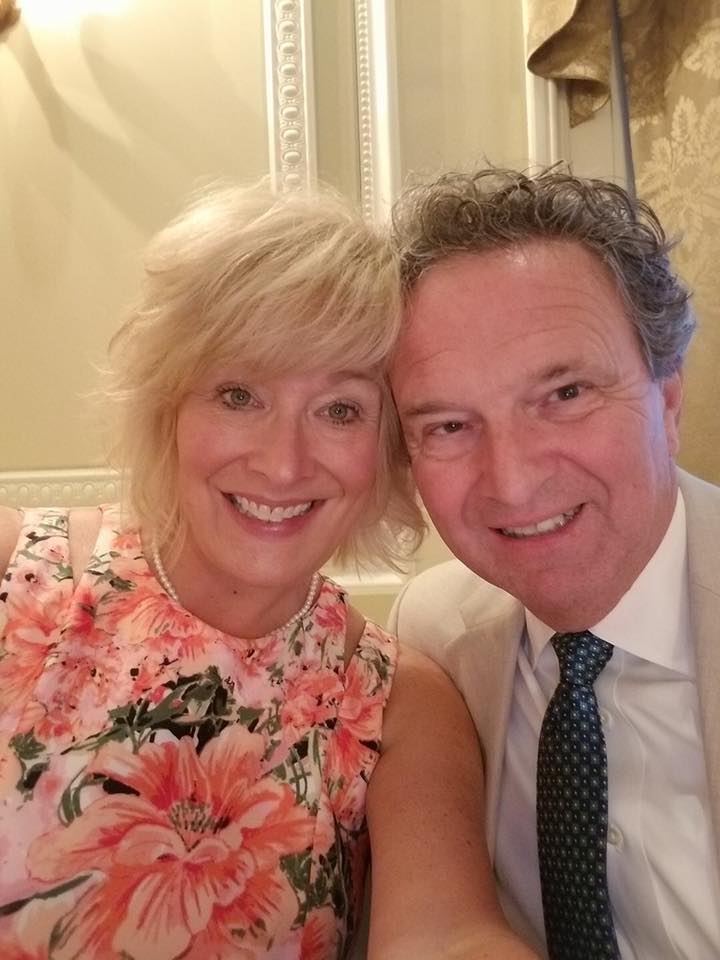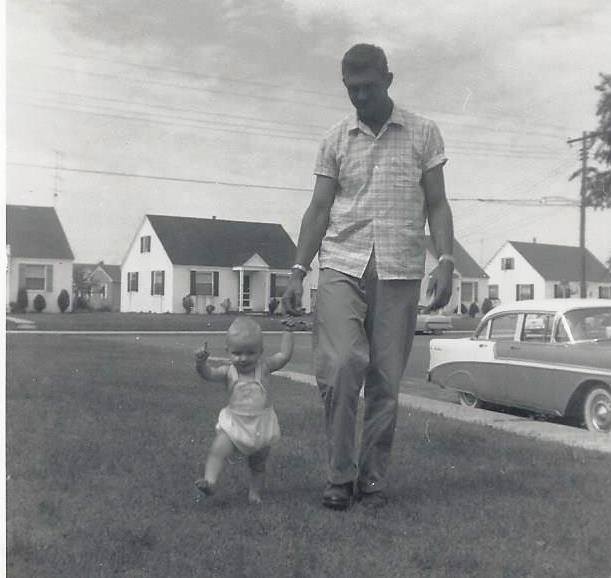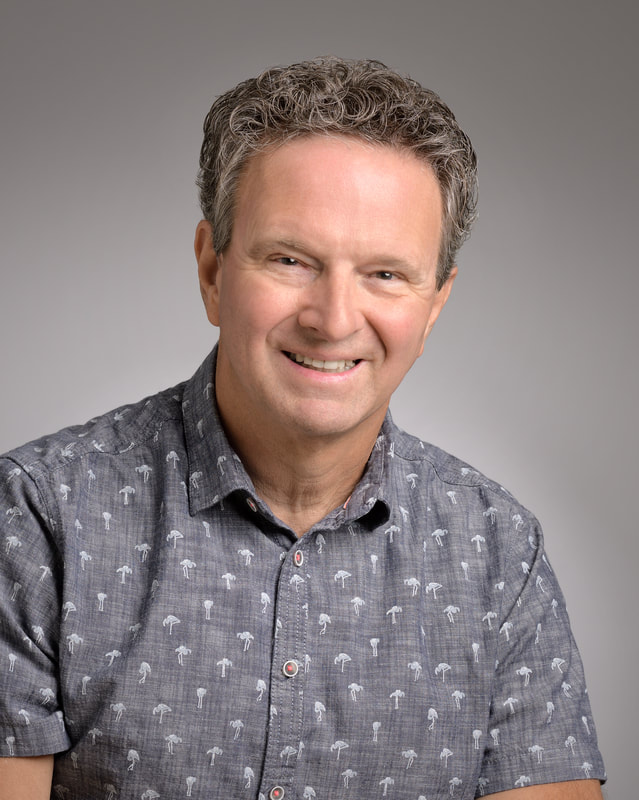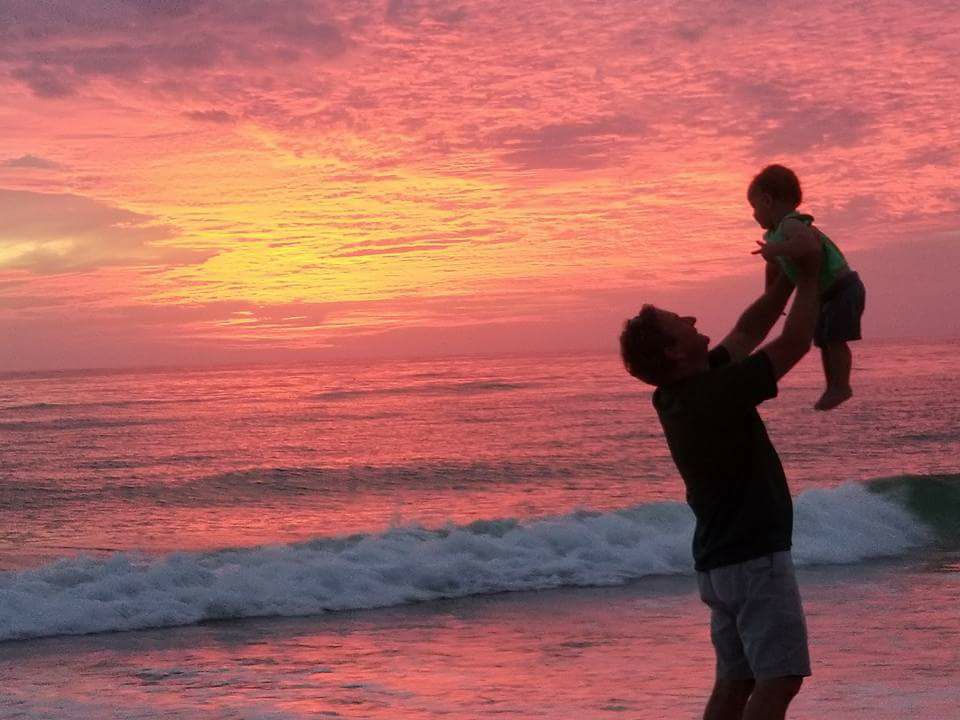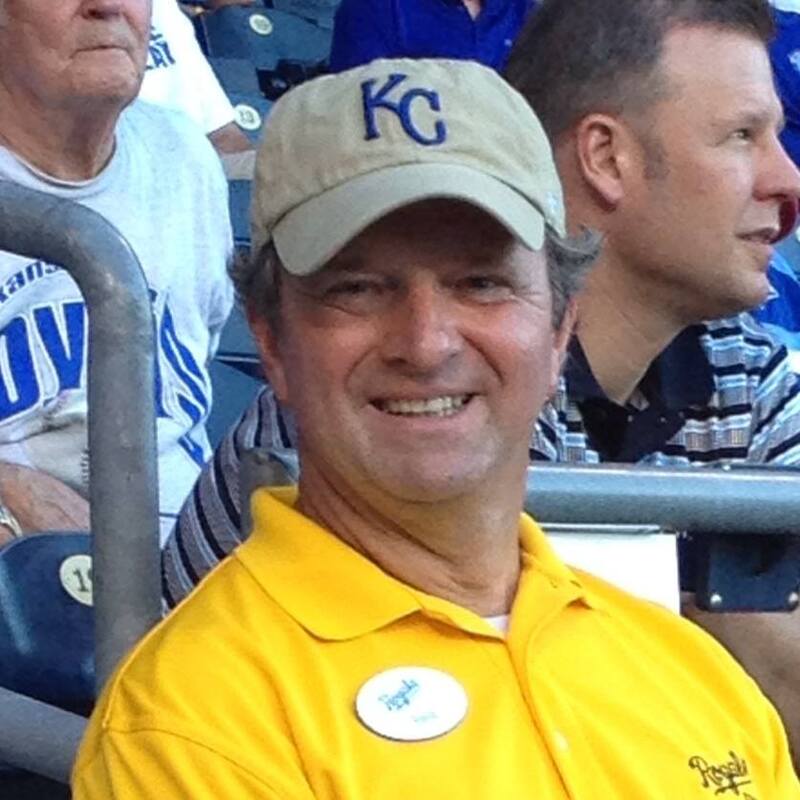Home is a place you grow up wanting to leave,
and grow old wanting to get back to.
- John Ed Pearce -
Home is Galestown, on Maryland's beautiful Eastern Shore. I was born there and it remains with me. My parents are farmers. My grandparents were farmers. My brother is a farmer. Everyone knew early on that I wasn't going to be a farmer. You have to be able to see to be a farmer. They plant straight rows, examine young plants for insects and disease, and deliver crops to market. I wasn't able to do any of that.
I was blind.
I was blind.
|
Well, not totally blind, like "blind like a bat" blind (Though you should know that bats aren't really blind). I was legally blind, the result of an eye disease called Scheie Syndrome. I could see faces and landscape, and could read just fine if I held the books close enough. Driving a pickup, tractor, combine or bean-picker, though? No chance. Those things cost lots of money and there was no way Dad was entrusting them to me. I always had bicycles, though, and when I was eleven I got a mini-bike for Christmas. Despite crashing into a hay elevator, slamming through a large wooden storage box, and almost hanging myself on fishing nets strung out to dry, I survived.
During high school, I decided to become a teacher. There were some good role models in Dorchester County. After four years at Western Kentucky University, I moved to Perryville, Missouri where I taught for seven wonderful years. That area of Southeast Missouri serves as a backdrop for my first book, Harvest of Thorns. |
|
Unfortunately, my vision was getting worse. The font on my teacher notes was getting larger and the back of the class was pretty much impossible to see. A St. Louis ophthalmologist confirmed I was losing my sight.
But there was hope. A cornea transplant. Still considered experimental in the 1980's, but as the doctor said, "You don't have much to lose." It worked! Within a few months, my vision had improved dramatically. I could see things I never saw before, like leaves on a tree and blades of grass. Best of all, I was able to pass the driver's test. At age 28 I bought a red sports car and accumulated speeding tickets like penny candy. |
Eventually, I slowed down. My career took a turn toward school leadership. Later I worked for the Kansas City Royals, who paid me to watch baseball and be nice to people. Along the way I've written freelance features on a variety of subjects for Royals' Baseball Insider and other publications.
My wife Robin is the most upbeat, optimistic person I know. These days we split our time between Florida's Gulf Coast and Kansas City. We have four grown kids, Jill, Lynnea, Cody, and Alison, son-in-law Bryce, daughter-in-law, Kelcy, grandkids Fletcher, Finley, Milo, and Fallon, and our pooch, Lucy.
My wife Robin is the most upbeat, optimistic person I know. These days we split our time between Florida's Gulf Coast and Kansas City. We have four grown kids, Jill, Lynnea, Cody, and Alison, son-in-law Bryce, daughter-in-law, Kelcy, grandkids Fletcher, Finley, Milo, and Fallon, and our pooch, Lucy.
I allow my writing to go in directions that interest me, without regard to genre or theme. I write what I feel. Much of my writing deals with issues of race, or of people being kept down because of who or what they are. Perhaps this is a result of what I experienced as a visually handicapped kid and young adult, and to some extent what I experienced growing up in a racially segregated society. I know what it’s like to be put down, ridiculed, or marginalized because of something I had no way of controlling.
Also factoring into my identity as a writer is a childhood spent in rural America. I may never have aspired to be a farmer, or to remain in a small town, but it is still very much a part of me.
I’m not a particularly disciplined writer. I set schedules, then disregard them. Word quotas work for a while, before I allow other things to intervene. I tend to ignore important things like marketing that would help me sell more books, focusing instead on content. I'm getting better, though.
My books are longer than most, and I enjoy writing across time periods of the twentieth century. I like watching characters overcome and prosper, beating their opponents and sometimes the system.
So there you go.
Also factoring into my identity as a writer is a childhood spent in rural America. I may never have aspired to be a farmer, or to remain in a small town, but it is still very much a part of me.
I’m not a particularly disciplined writer. I set schedules, then disregard them. Word quotas work for a while, before I allow other things to intervene. I tend to ignore important things like marketing that would help me sell more books, focusing instead on content. I'm getting better, though.
My books are longer than most, and I enjoy writing across time periods of the twentieth century. I like watching characters overcome and prosper, beating their opponents and sometimes the system.
So there you go.
